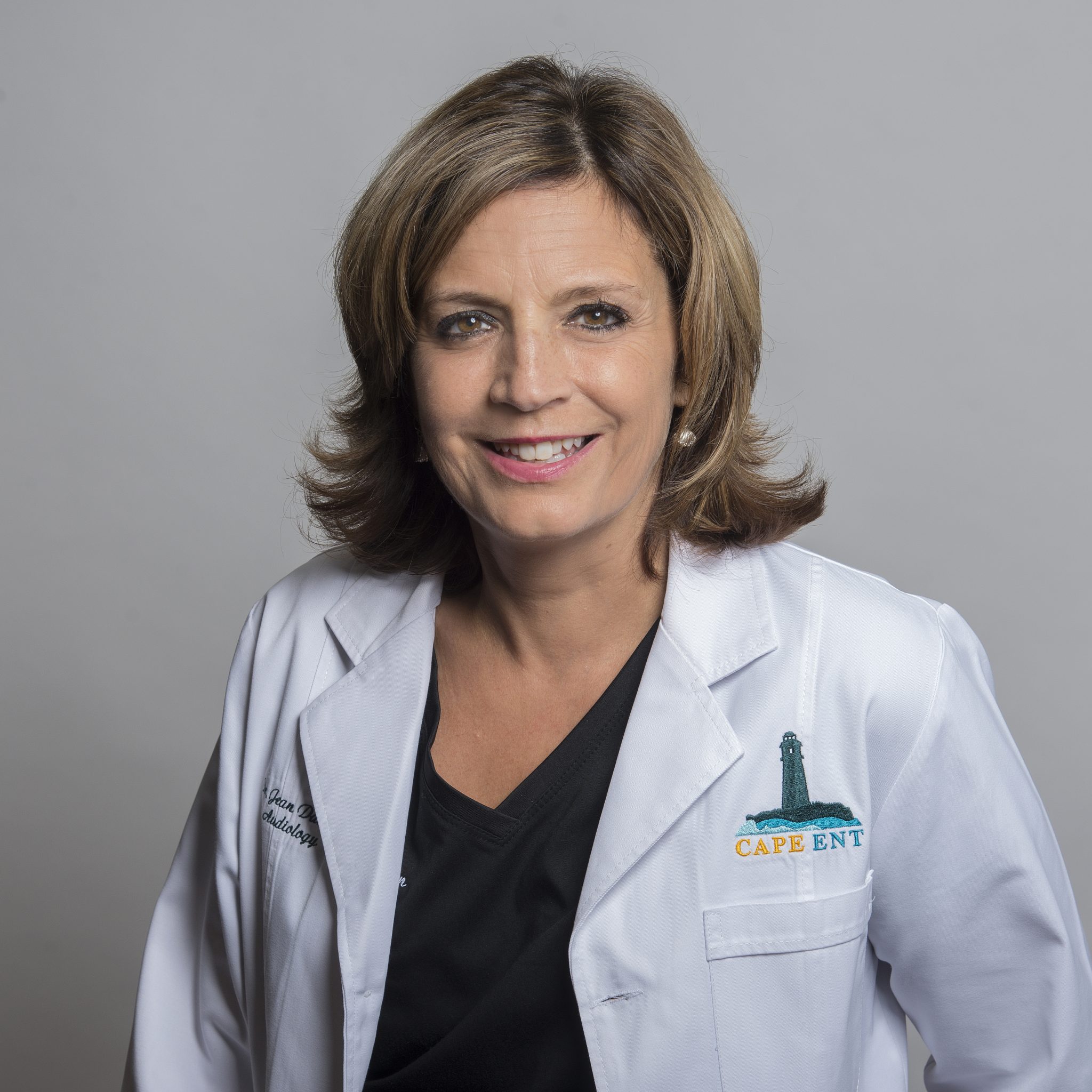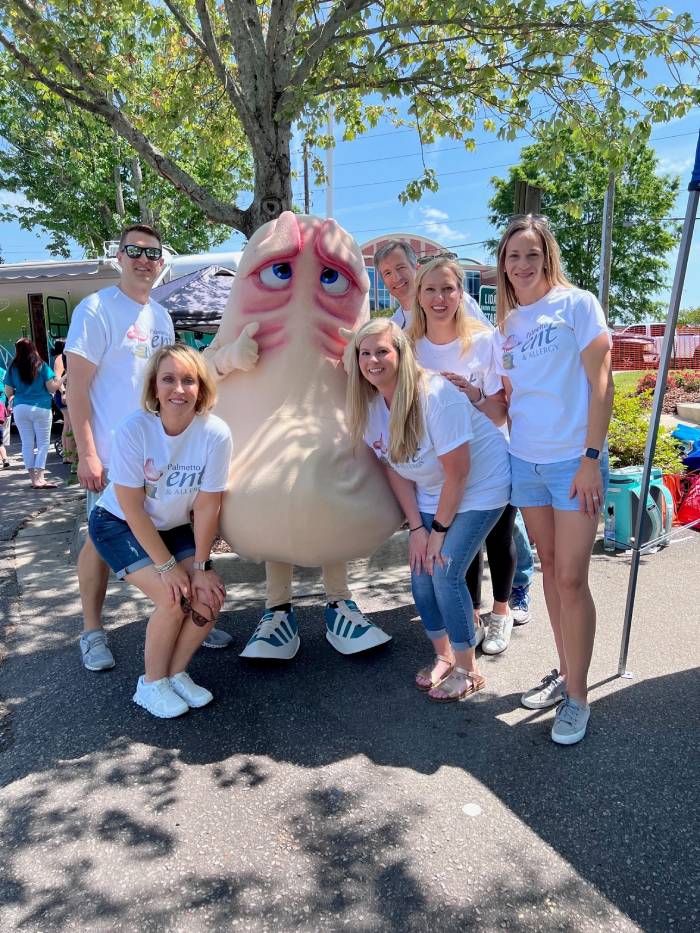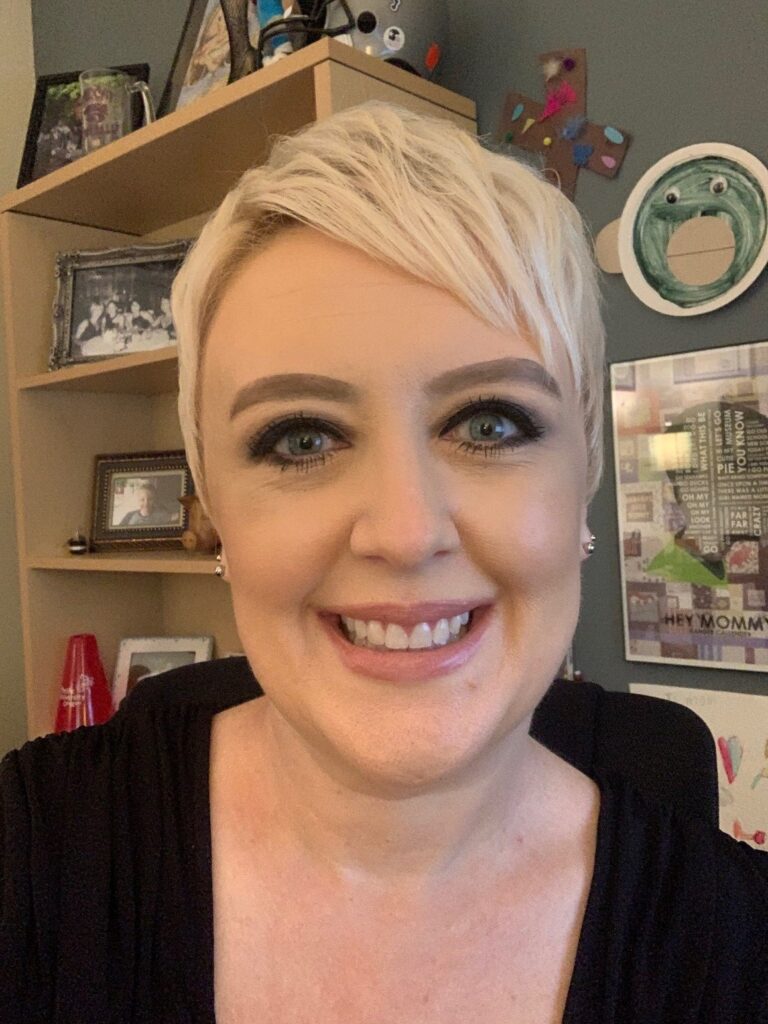
Meet Jean Davison, Au.D.
Position/Practice: Director of Audiology at Cape ENT in Lewis, Delaware
Years in Practice: 33
Education:
-Central Michigan University 2004 Au.D. Doctor of Audiology
-Adelphi University 1988 M.S. Audiology
-Montclair State College 1986 B.A. Communication Sciences and Disorders
Your audiology department has been very successful for the last several years. Even through the pandemic, you experienced strong year-over-year growth and added a new audiologist who was quickly fully booked. What is your approach?
My philosophy is a patient-centered approach to treat auditory and vestibular disorders. At Cape ENT, I’m privileged to work with a full-service audiology and ENT team for medical and nonmedical treatments for each patient. I want to find the patient’s “why.” Why are they seeking help, even beyond the issues they’re conscious of? Do they have tinnitus, vertigo or any other auditory complaint that is more important to them than hearing loss? What do they need to be successful? And how can I support them on their journey?
OTC has been a big topic on people’s minds of late. Are you concerned about how OTC will impact your practice?
No, I’m not. These regulations have been in the works since 2017—they’re not new. Many hearing devices are over-the-counter and direct to consumer[s] and have been for several years. This shift for audiology is a lot like what happened for optometry when reading glasses became available over-the-counter. It hasn’t made a great impact on that profession. Finally, some of my patients have tried OTC hearing devices and those dispensed by big box stores and have come back to me for advice. They recognize me as the expert in hearing and aural rehabilitation.
What is your advice to colleagues who are concerned about the changes OTC may bring?
As audiologists, we are the MOST qualified to evaluate and treat auditory and vestibular disorders. A hearing instrument alone will not do the entire job. My advice to my colleagues is to do your best work. Explain the fitting and programming process and best practices that make audiology unique. Give your patients a variety of options. Show your patients the true difference between a hearing device and treatment for hearing loss. If you do this, you will not only survive; you will thrive.

